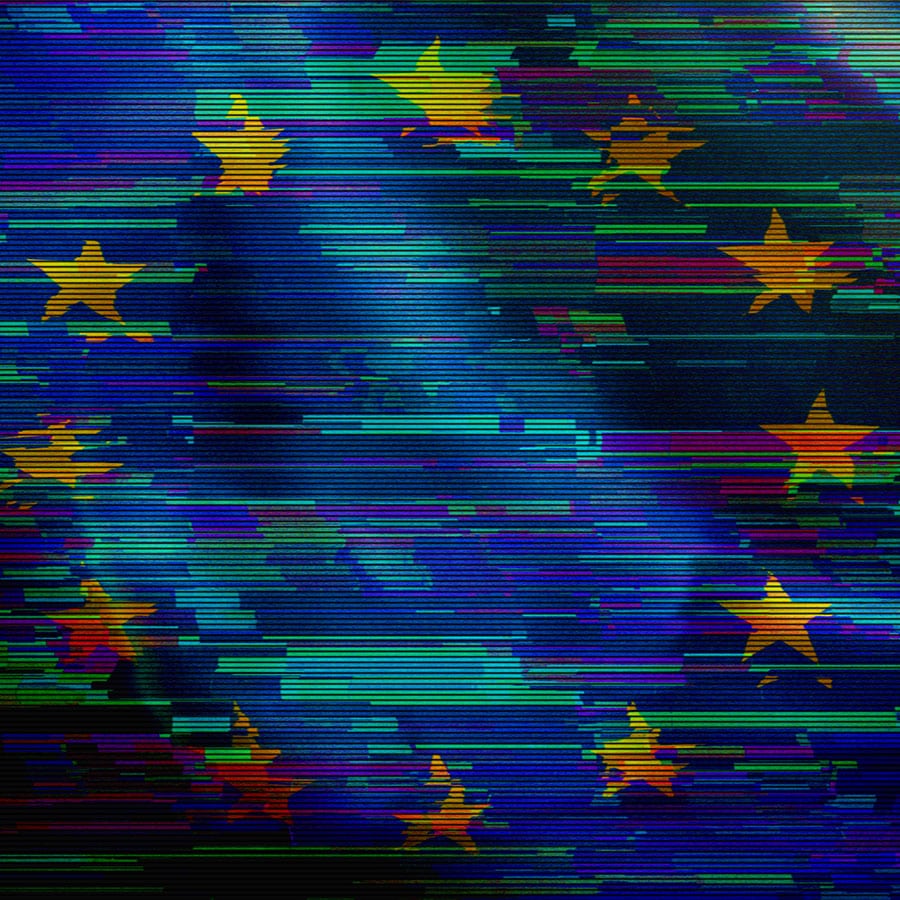
Amid rising global instability, information itself has become a powerful weapon. European strategic industries — spanning defence, communications, finance, and technology — are facing an unprecedented wave of information attacks designed to manipulate public opinion, destabilise institutions, and erode trust. These attacks are often orchestrated by state-affiliated groups, particularly from Russia and Asia, aiming to weaken Europe’s geopolitical influence, steal intellectual property, and sow discord.
Among these industries, the defence sector is a prime target. Companies involved in arms manufacturing are especially vulnerable to influence operations intended to discredit their legitimacy, undermine public confidence, and disrupt supply chains. By spreading false narratives around corruption, ethical concerns, or technical failures, hostile states seek to weaken Europe’s defence capabilities and deepen internal divisions.
The Nature of Weaponised Information Attacks
Weaponised information attacks involve the deliberate dissemination of misleading or fabricated narratives to serve geopolitical or economic interests. These attacks take various forms, including:
- Disinformation campaigns: The strategic spread of false or misleading information to influence decision-making.
- Influence operations: Covert efforts to sway public opinion and policymaking in favour of adversarial interests.
- Media manipulation: The use of fake news, deepfakes, and compromised media outlets to distort narratives and shape public perception.
- Corporate espionage through information warfare: The leaking or fabrication of data to damage the reputation of strategic companies.
Examples of State-Directed Influence Operations
Several high-profile cases illustrate how state-sponsored actors use information as a tool of warfare against European industries:
- North Korea’s Financial Misinformation Campaigns: North Korea has been accused of manipulating stock markets and spreading misinformation to disrupt European financial institutions, with fintech companies being a key target. (Source: Financial Times)
- Russia’s Disinformation War on Europe’s Green Energy Transition
Russia is waging a disinformation campaign against Europe’s energy transition, spreading false narratives to undermine trust in renewable energy. Through state media, social media manipulation, and targeted misinformation, the Kremlin aims to slow Europe’s shift away from Russian oil and gas, preserving its economic and geopolitical influence. - Russia’s Disinformation Efforts Target French Military Presence in the Sahel: Kremlin recently launched disinformation campaigns across more than 20 African countries, using paid African influencers, digital avatars, and manipulated media to spread anti-Western sentiment. These efforts, often supported by Russian embassies and state-controlled media, aim to discredit Western military presence, particularly targeting the French military in the Sahel.
Statistical Overview of Information Attacks
Recent studies highlight the growing threat of weaponized information campaigns:
- A 2023 study by the European External Action Service (EEAS) identified over 500 cases of coordinated disinformation attacks against European industries.
- 43% of European defence contractors reported experiencing targeted influence operations aimed at discrediting their legitimacy. (Source: EU Cybersecurity Agency)
Since 2020, AI-generated fake news has increased by 65%, amplifying the challenge of distinguishing truth from manipulation. (Source: Oxford Internet Institute)
The Ukraine-Russia Conflict and the Evolution of Hybrid Warfare
The war in Ukraine has highlighted how information warfare can serve as a critical battleground alongside conventional military conflicts. Russia has refined hybrid warfare strategies, blending military action with extensive disinformation campaigns that frequently target European allies. For example, Russian-backed media outlets have circulated narratives claiming European arms manufacturers are supplying faulty equipment to Ukraine, aiming to weaken support for defence funding. The success of these narratives in shaping public discourse emphasises the pivotal role information now plays in modern warfare.
China, observing these tactics, has adapted similar strategies in both economic and political contexts, particularly within high-tech industries.
How Hington Klarsey Helps European Strategic Industries Counter Weaponised Information
Hington Klarsey specialises in shielding European businesses from information warfare, offering intelligence, analysis, and countermeasures to mitigate the effects of disinformation campaigns.
Key Services Include:
- Threat Intelligence & Monitoring: Identifying and tracking state-backed disinformation efforts targeting strategic sectors.
- Reputation Management: Developing counter-narratives and factual corrections to neutralise the impact of false information.
- Strategic Influence Advisory: Guiding businesses and policymakers through geopolitical risks associated with influence operations.
- Media Forensics & Deepfake Detection: Investigating and exposing manipulated media used in information attacks.
As modern warfare increasingly transcends cyberspace into the realms of perception and influence, European strategic industries must recognise the growing threat of weaponised information. The rise of hybrid warfare highlights the need for proactive defences, with organisations like Hington Klarsey playing a vital role in equipping businesses with the intelligence and strategies required to counter these threats. By remaining vigilant and investing in robust counter-disinformation measures, European industries can safeguard their integrity, credibility, and long-term stability in an increasingly hostile information environment.
Contact us today to learn more about our specialised services.


